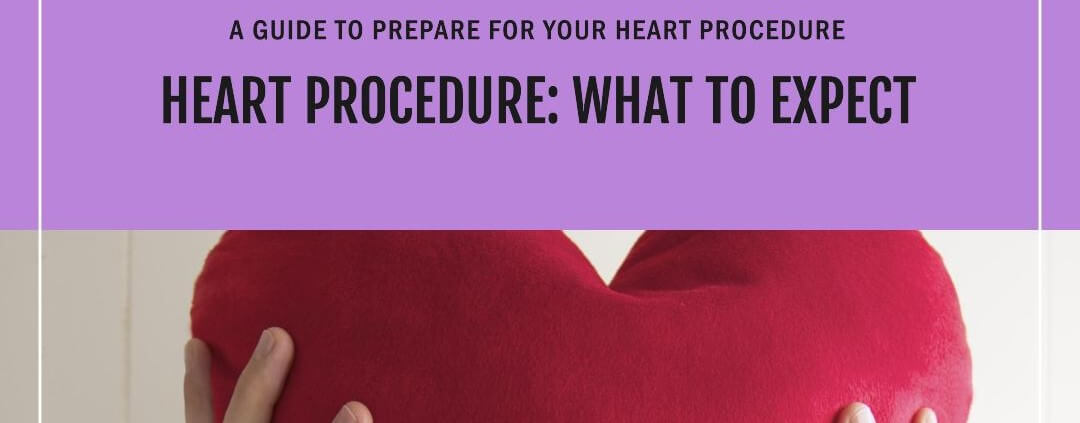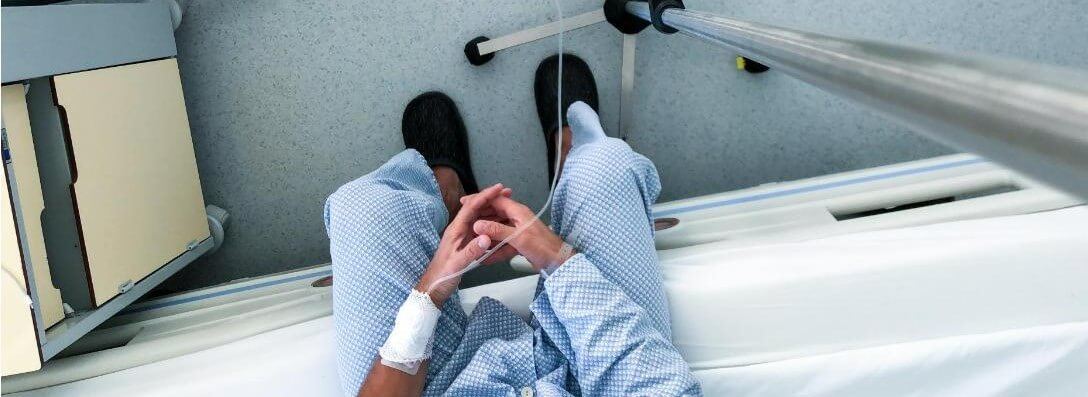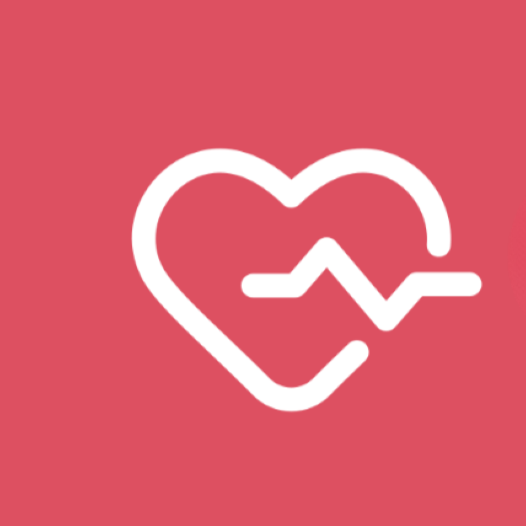Cabg Open heart surgery is a major operation that involves making a large incision in the chest to perform surgical procedures on the heart. This can include bypassing blocked arteries, repairing or replacing heart valves, or fixing other structural heart issues.
Individuals may require Cabg Open Heart Surgery for a variety of reasons. It may be due to coronary artery disease, which leads to blocked arteries, or conditions like heart valve disease or congenital heart defects that one can be born with.
The specifics of the surgical procedure can vary significantly depending on the particular heart issue being addressed. Coronary artery bypass grafting or CABG Open Heart Surgery is one of the most common types of open heart surgeries. Others include heart transplant, valve repair or replacement, and aneurysm repair.
In this article, I will walk you through the essential aspects of recovery from Cabg Open Heart Surgery, a crucial time that sets the stage for optimal long-term health outcomes.
Check out some similar information at, Heart Bypass Surgery Recovery Time.
The Road to Recovery: Journey After Cabg Open Heart Surgery

The period immediately following Cabg Open Heart Surgery is critical for your overall recovery process. In the hospital, a medical team will closely monitor your condition to ensure your heart functions properly, manage pain, and watch for any signs of complications. You can expect to stay in the intensive care unit (ICU) for a few days where you’ll receive around-the-clock care.
Once you’re stable, you’ll move from the ICU to a regular hospital room. Here, the cabg open heart surgery recovery process gradually shifts towards getting you more active. You might start with sitting up, then standing, and eventually walking short distances. Nurses and therapists will encourage you to engage in light activities and breathing exercises to aid your recovery.
Your time in the hospital provides a controlled environment to begin healing, but it’s only the start. After discharge, you may enter a structured rehabilitation program, which is an essential component of your cabg open heart recovery. This typically involves a combination of supervised exercise, education on heart-healthy living, and support for making lifestyle changes.
Each patient’s cabg open heart surgery recovery process is unique but expect to spend several weeks to a few months before you start feeling like your old self. It’s normal to have good days and bad days, but it’s crucial to stick to the recovery plan and attend all follow-up appointments with your healthcare team.
Average Cabg Open Heart Surgery Recovery Process and What Influences It

The cabg open heart surgery recovery process is a complex process that varies with each person. Generally, you can expect a substantial recuperation period. I want you to understand that while there is an ‘average’ recovery time, your experience may differ.
The typical recovery period for cabg open heart surgery can be anywhere from 6 to 8 weeks. During this time, it’s not just about the chest healing, it’s also about the heart muscle itself recovering and adapting after the surgery.
Several factors can influence your recovery time. Age, overall health, type of surgery, and how you manage post-operative care all play critical roles. For example, younger patients often recover faster than older ones, and those without additional health problems typically bounce back sooner than those with chronic conditions.
A crucial part of recovery involves following a personalized recovery plan developed by your healthcare team. This plan is tailored to your specific needs and can include medications, physical therapy, and scheduled follow-ups. Sticking closely to this plan aids in a faster and safer recovery.
It’s essential to maintain clear, open communication with your healthcare providers throughout your recovery. If you ever feel that your recovery isn’t going as planned, they are your FIRST POINT OF CONTACT.
Caring for Your Heart: Post-Surgery Lifestyle Adjustments

After cabg open heart surgery, taking care of your heart is not just recommended, it’s ESSENTIAL. Your heart is not just any muscle; it’s the one that keeps you alive, and honoring its service through lifestyle adjustments is a crucial part of your recovery.
A balanced diet plays a pivotal role in healing and maintaining heart health. It’s not about short-term fixes; it’s about incorporating heart-healthy foods like whole grains, fruits, vegetables, lean proteins, and healthy fats into your everyday meals.
Physical activity is another cornerstone of post-surgery life. Don’t worry, no one’s suggesting you run a marathon — quite the opposite. It’s all about gradual, measured progress. Starting with gentle walking and gradually increasing as advised by your healthcare professional ensures that you strengthen your heart without overdoing it.
Equally important is acknowledging the psychological impact of undergoing a major procedure like cabg open heart surgery. It’s normal to experience a range of emotions. Connecting with support groups or speaking with a counselor can be incredibly beneficial in navigating through this period.
Regular follow-ups with your healthcare team are vital. They’ll help you track your progress, adjust medications if necessary, and offer professional advice on your lifestyle and activities. This diligent approach paves the way for a smoother transition into the final stretch of recovery.
Navigating Complications and Setbacks During Recovery

I want to discuss a crucial aspect that anyone undergoing open heart surgery might experience: the possibility of complications and setbacks during recovery. Nobody likes surprises, especially when it comes to health, so it pays to be informed.
Some common complications after open heart surgery include infections, bleeding, or heart rhythm issues. It’s important to know these aren’t rare, but most are manageable with prompt medical attention. By understanding what’s normal and what’s not, you ensure you’re never caught off guard.
Keeping an eye out for warning signs such as unusual pain, excessive swelling, or fever can help catch these complications early. Remember, your body has just been through a lot, and it’s important to listen to it. If something feels off, it’s better to consult your healthcare provider sooner rather than later.
Lastly, know when to seek medical help post-surgery. Severe chest pain, difficulty breathing, and extreme fatigue are a few symptoms that require immediate attention. It’s better to err on the side of caution, so don’t hesitate to reach out to your medical team if you’re concerned about any symptoms.
SURVIVING IS THE FIRST STEP, THRIVING AFTERWARDS IS THE NEXT. With the right care, attention, and support, you can navigate through complications and get back on the path to recovery.
Please, post comments below…

